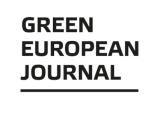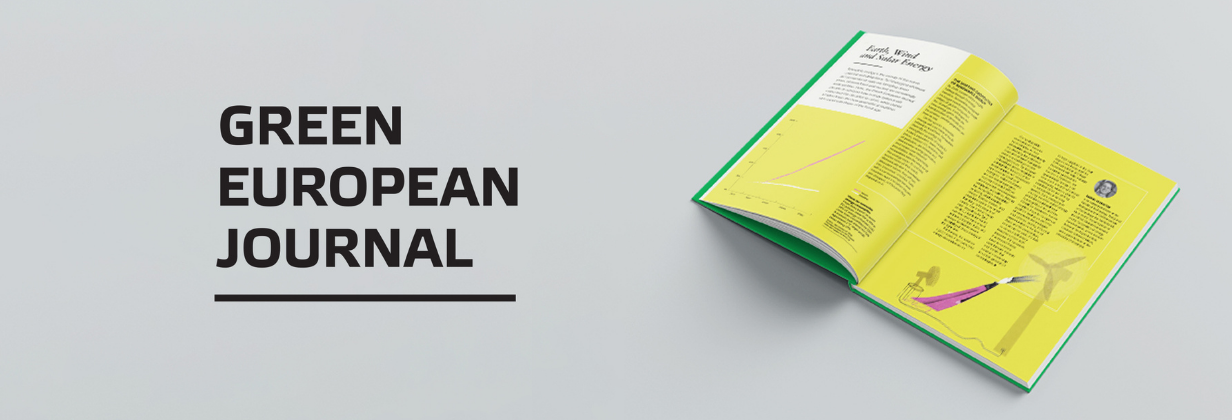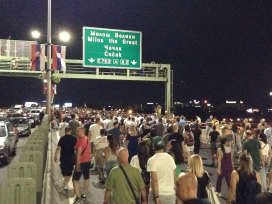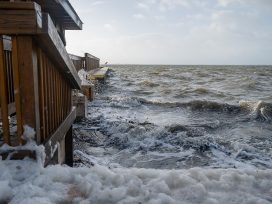

In collaboration with
Green European Journal
The Green European Journal is an online and print political ecology magazine dedicated to analysis, debate and new ideas. Since its foundation in 2012, its transnational approach has gone beyond daily news to read politics and society in Europe with a fresh lens. In times of social and ecological crisis, attacks on democracy, and rapid technological change, the Green European Journal helps ideas travel across cultural and political borders, building solidarity and understanding.
Published twice a year, print editions explore topics ranging from the current state of democracy to geopolitics in a warming world. The online journal publishes weekly in English, with selected translations offered in 28 languages and counting. The magazine collaborates with partners across Europe to connect new audiences and open up spaces for transnational debate. Audio versions of selected articles on the Green European Journal podcast: Green Wave.
Subscriptions: https://www.greeneuropeanjournal.eu/subscribe-order/
Monthly newsletter: greeneuropeanjournal.eu/newsletter
Twitter & Instagram: @GreenEUJournal
Facebook & LinkedIn: Green European Journal

Articles

Trump’s imperial ambitions are forcing the EU to rethink its global position. And European far-right parties, swollen on fears of diminishing world power, are paradoxically flogging the ethnic nation as a place of shelter. But finding unity in scapegoating migrants blatantly fails to recognize the need for a common purpose in times of worldwide uncertainty.

Plans to exploit Serbia’s lithium, seemingly shelved two years ago, are back on the table. Germany and the EU appear willing to overlook president Aleksandar Vučić’s abuses of power to access the precious metal. Will their double-standards collaboration with Serbia’s right-wing government undermine citizen trust in EU accession?

US senator Bernie Sanders and UK Green peer Natalie Bennett – both authors of new books on progressive politics – address capitalism’s failings, work precarity and climate change in their respective countries, where power resembles oligarchy and aristocracy – neither predisposed to convincing democracy.

The first win in Germany’s state elections since the Nazi era, gains in European Parliament, another bid for power in France and new UK seats – the far right has seemingly raised its game this year to make political advances. How should progressives interpret extremist voting to counter dissatisfaction?
